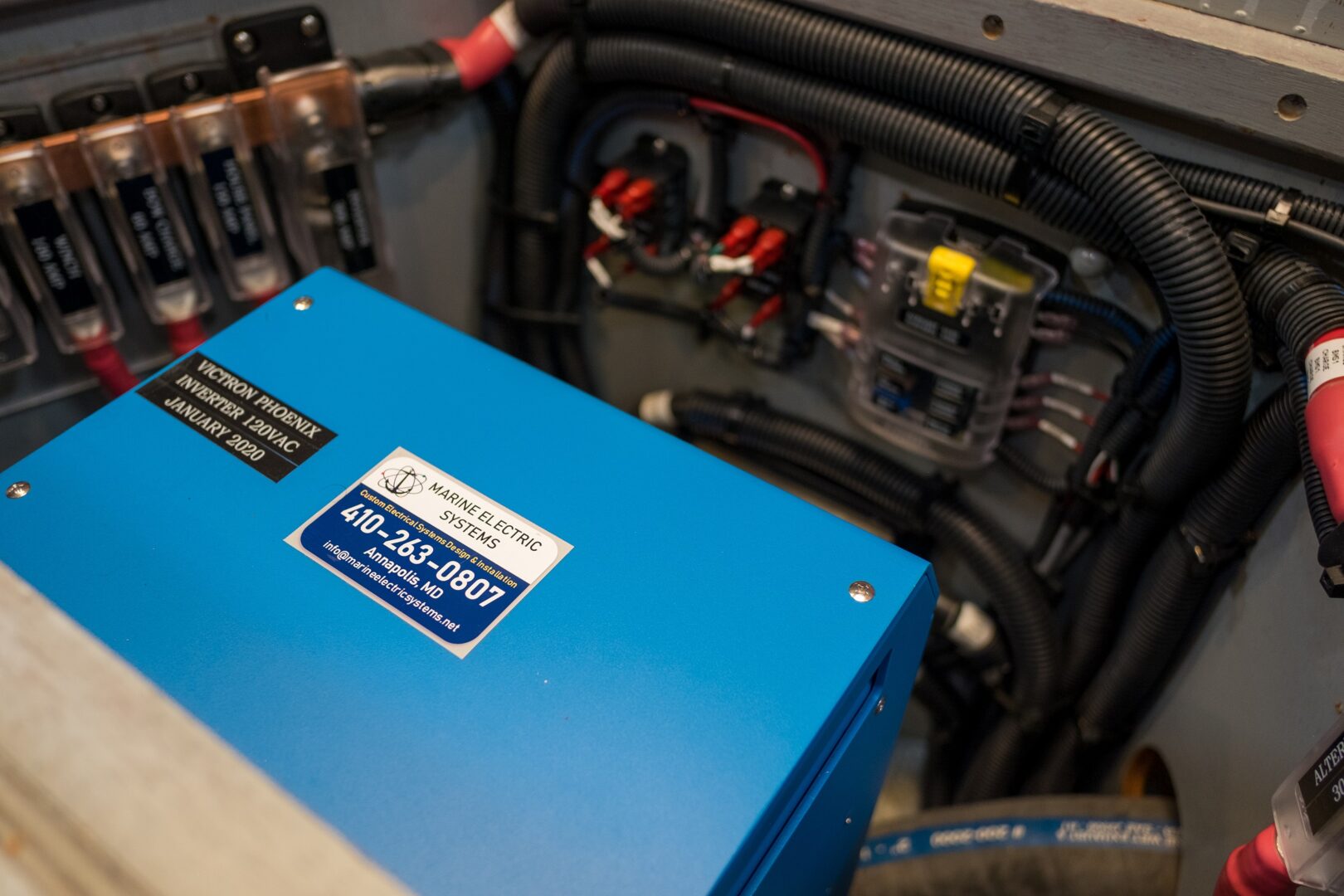
Here are some tips to help you choose the right size marine battery for your boat.
Your battery is one of the most vital parts of your boat’s electrical system. But many boaters don’t understand this essential component and wonder what size marine battery they need. There are several different sizes of batteries available. Additionally, every size comes in a variety of battery chemistries. You must evaluate your boat’s needs before making a choice. Here are some tips to help you choose the right size marine battery for your boat.
How to Choose a Marine Battery
There are many things to consider when shopping for a marine battery. First, think about what the battery will power. Is it for starting your boat and powering a few lights, or will there be significant amounts of appliances drawing from it as well?
Smaller boats may get away with one battery for both uses. But larger ones or ones with lots of power usage should opt for two separate batteries, one for starting the boat and another battery to power electronics and appliances.
Engine Starting Requirements
Your battery size requirements will naturally differ based on how you use your batteries. For starting batteries, consult the manufacturer’s recommendations for your engine. You should look at the battery’s marine-cranking amps (MCA). This measures how much power the battery can deliver in a short burst. Ensuring your starting battery has sufficient MCA is vital for knowing you’ll have enough energy to start your engine in all conditions.
Auxillary or House Battery Requirements
Determining what size battery you need is more complicated when looking at auxiliary or house batteries. Power needs vary widely based on how many things you have plugged in.
Each device or appliance draws a certain amount of watts per hour. Multiply this number by the hours (or minutes) you expect to use it between battery charges. Do this for every device and appliance, and add them to find your total watt-hours needed. It’s a good idea to get a battery larger than your baseline watt usage, just in case you go over it.
Lead-Acid vs Lithium Batteries
Remember that if using lead-acid batteries, you would need to double the battery rating to match your energy needs, as a discharge higher than 50% damages the batteries rapidly.
Luckily, if you’re using high-quality lithium batteries, deep discharges or complete drainage of the battery will not be a problem. Lead acid batteries get damaged every time they are deeply discharged, but lithium batteries do not suffer such problems. They last thousands of cycles more under all usage conditions than any lead acid battery competitor. These days, it’s highly recommended to use lithium batteries for energy storage because of the significant performance improvements they provide over lead-acid.
Marine Electric Systems, LLC is a Leader In the Maritime Industry
We here at Marine Electric Systems have over 30 years of industry experience. You can trust our team for reliable service and expert craftsmanship in the Maryland, Baltimore, Annapolis, and Baltimore city areas! We’re highly certified and adhere to all ABYC and NMEA regulations. We specialize in top-notch electrical solutions for recreational, commercial, and government boating clients. Anything from electrical refits, to navigation systems, or boating maintenance. To stay up to date on our services, follow us on Facebook, LinkedIn, Pinterest, Instagram, and YouTube. You can also contact us at 410-263-0807.
